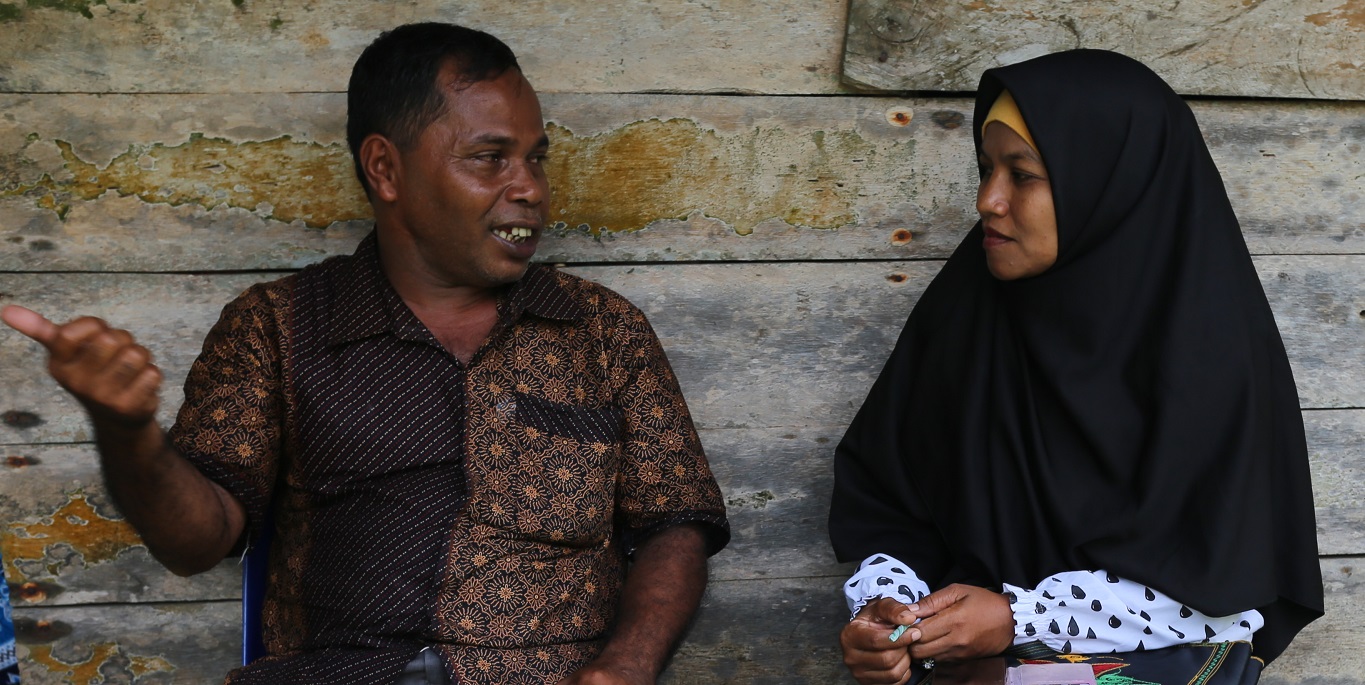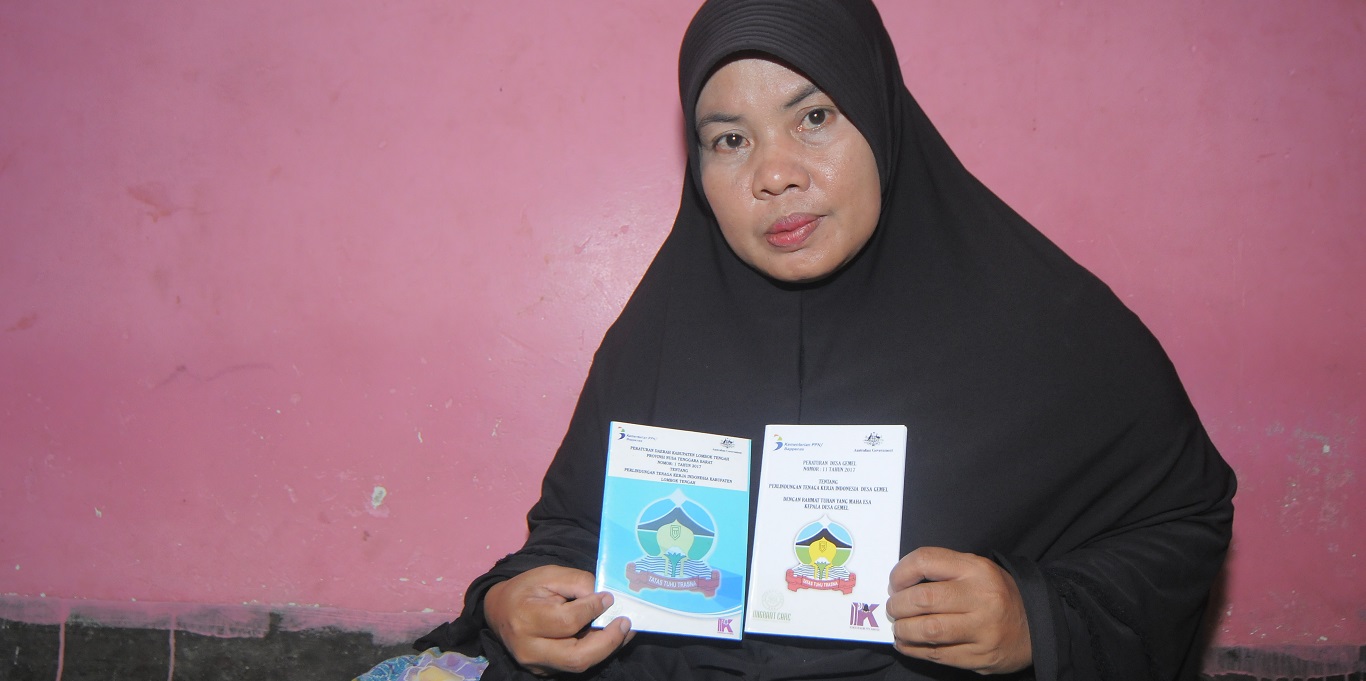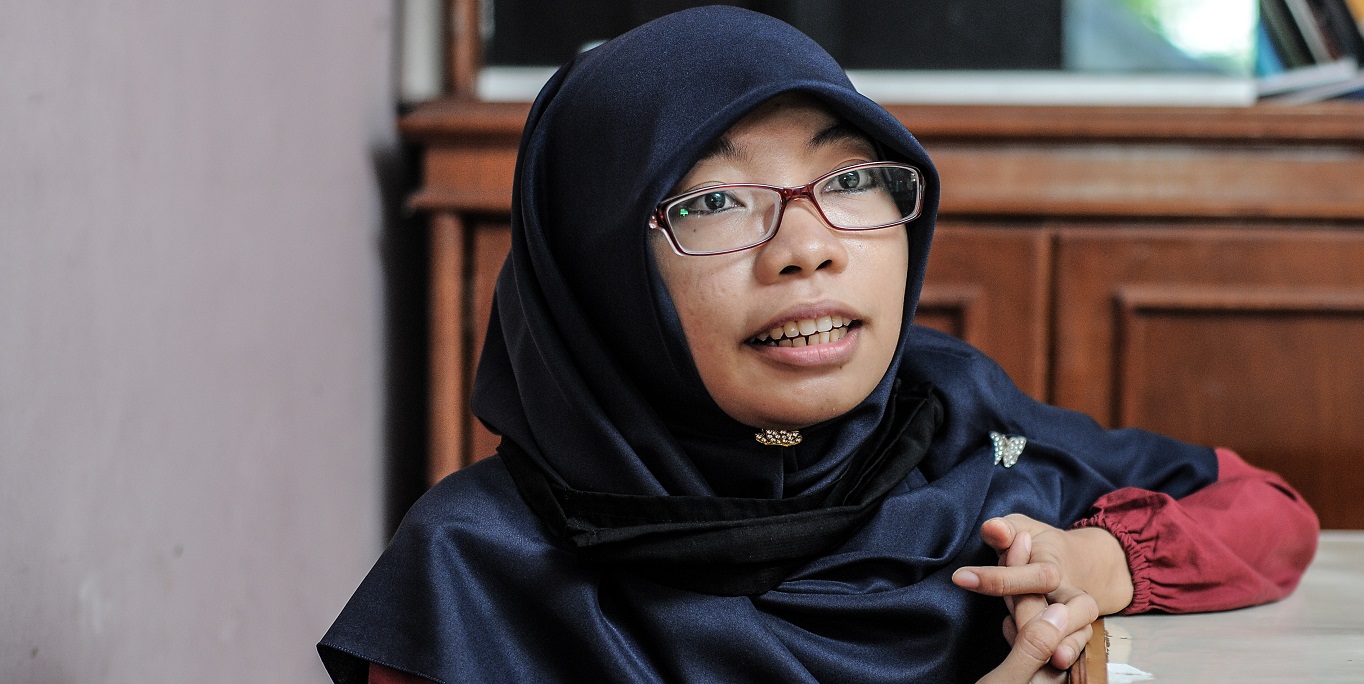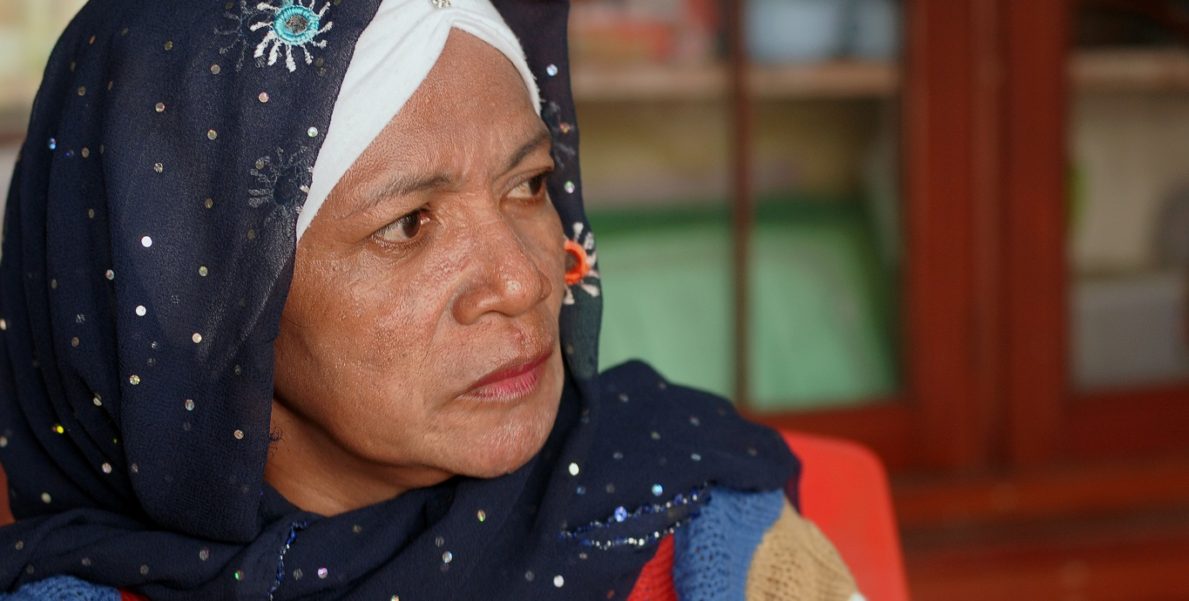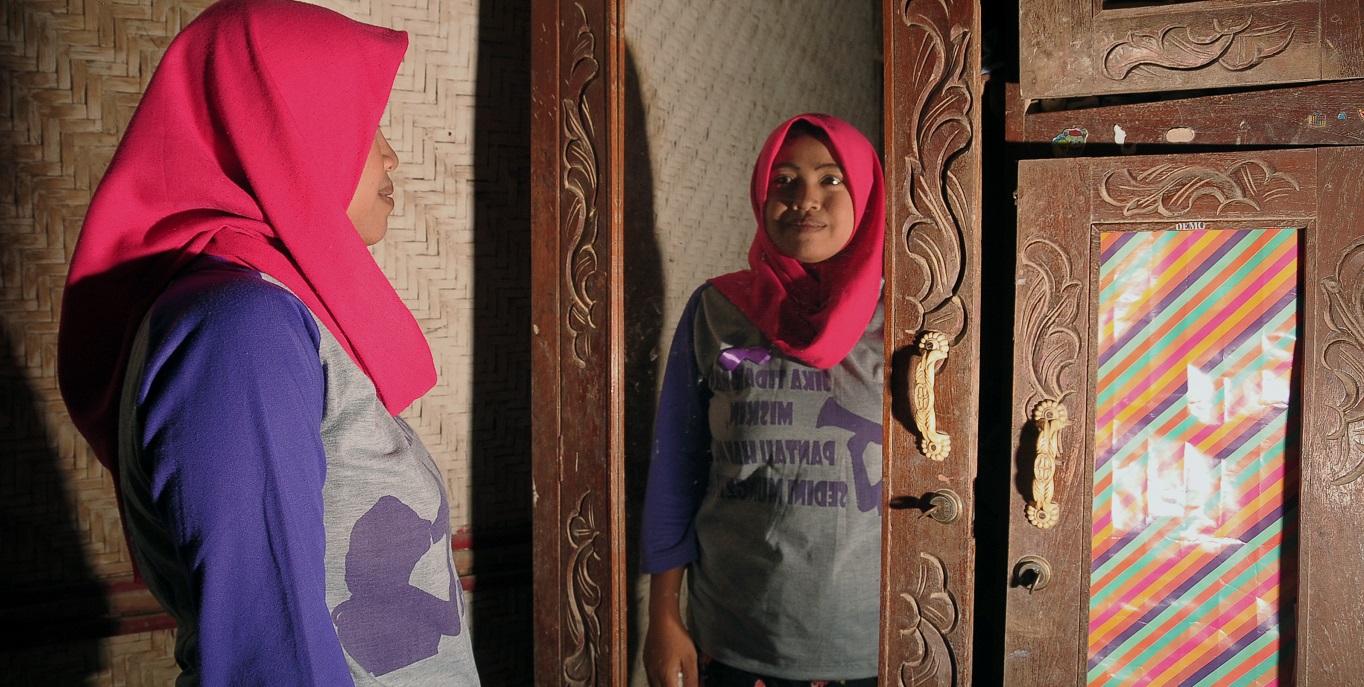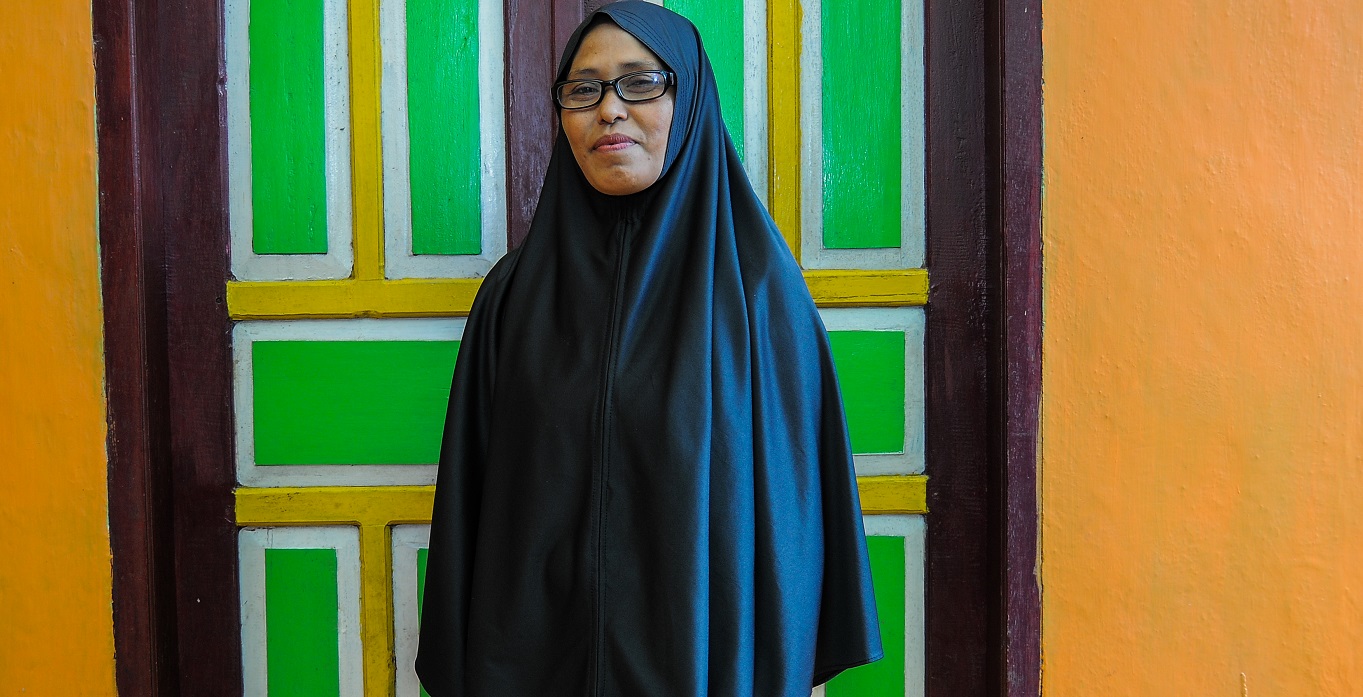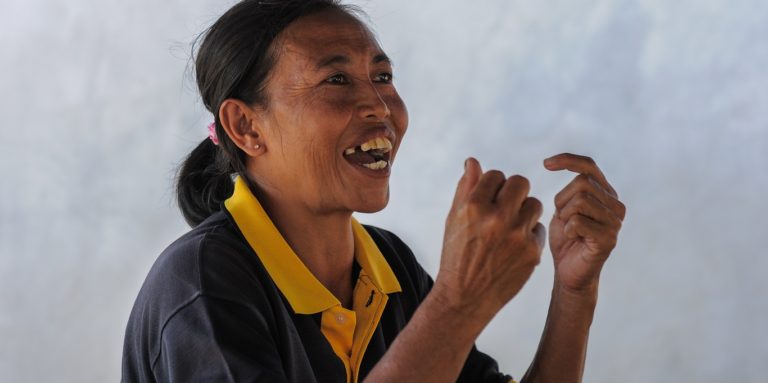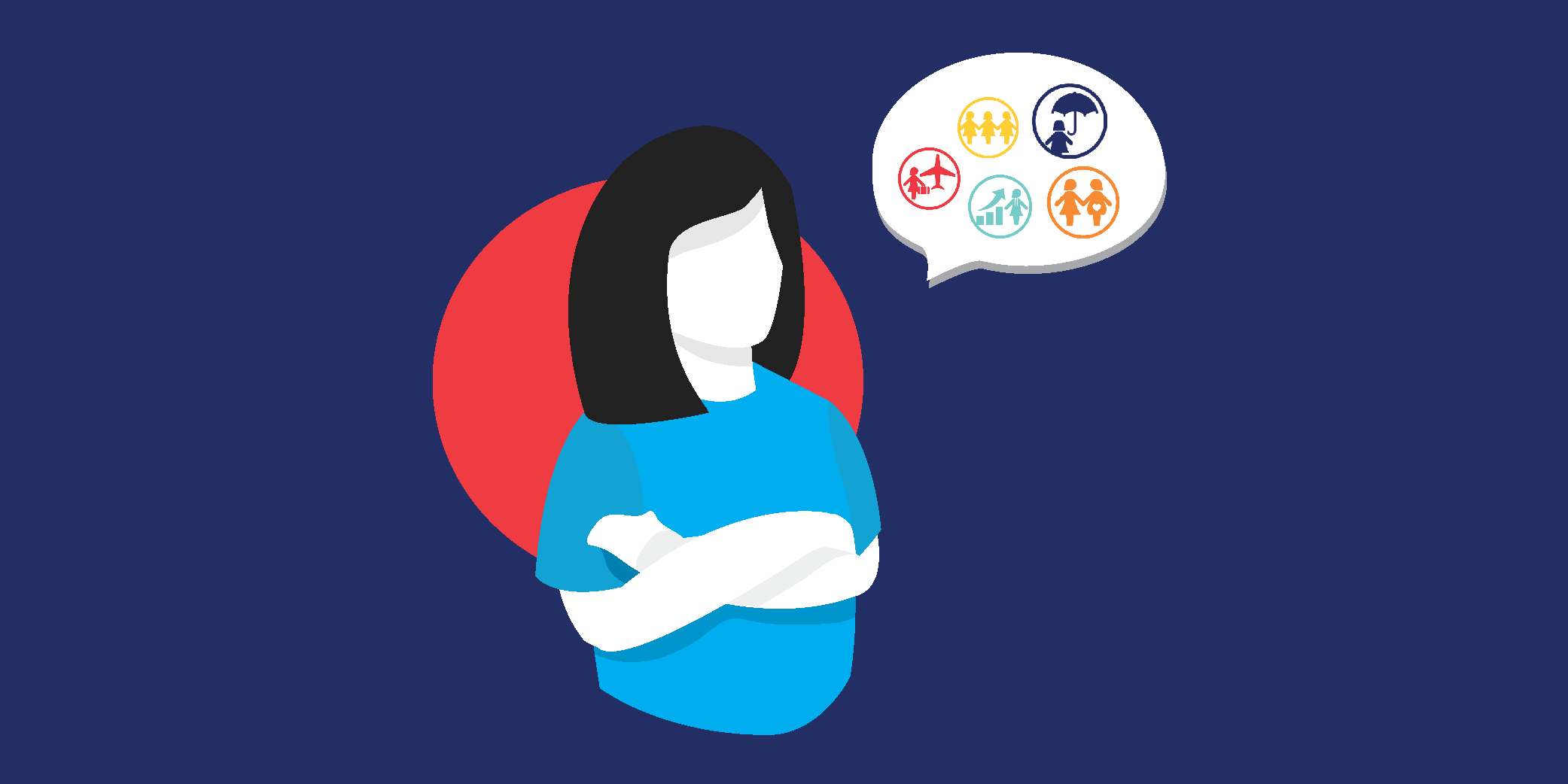Stories
Learning on How to Pursue Citizens’ Rights in Sabangko and Satando Islands’ Women’s School
30 December 2015Penulis: admin
THERE were many women on the porch of the stilt house. It was overcrowded. They were sitting on the floor, circled in groups, heavily involved in a discussion. With pencils and papers in their hands, every now and then these women jotted down the important notes they got from the discussion.
Nurlina, one of the facilitators at Sekolah Perempuan (Women School) in Sabangko island explained, “They’re writing an article and today’s theme is about the struggles the island has been facing.”
Sekolah Perempuan is the most awaited by the women of Sabangko. They would deliberately leave their chores behind just so they can attend the session. The only problem is scheduling can be a bit tricky as it changes depending on facilitator’s availability.
“It can be on a Friday, Saturday or even Sunday,” said Nurlina. “Fortunately this is a small island. We can update just one person and she will tell the rest.”
As for the men, none of them seem to object. “They don’t have the rights to object. Women have rights for education,” shouted one of the women in the room who received a round of applause from the rest of the group.
Sekolah Perempuan has truly become an oasis for the women of Sabangko. Between their daily chores; taking care of the kids, cleaning crabs, and making fishing nets, Sekolah Perempuan is the only platform that gives them a chance to grow. Saidah, a student and an occasional facilitator explained, “We learned about gender. Now we’re able to tell the difference between sex and gender, and what are the things we can and cannot change. We were also taught about violence, that women should never allow themselves to get hit by anyone,” she added.
One of the students is a grandmother who doesn’t speak Indonesian. Of all the sessions she attended, the one she remembers most is when she learned how to write down her family history/tree.
“Once they know how to write, they’ll learn how to read. We also train them to speak their mind, express their opinions as women. We’re more confident when meeting guests and visitors now,” Nurlina laughed. “Being actively involved in Sekolah Perempuan has taught us to speak up.”
Unlike conventional schools, the subjects taught in Sekolah Perempuan are mainly focused on self-confidence and self-esteem building; particularly with regards to defending their rights as citizens. These women learned many different things; from village law, gender equality, human rights, politics, as well as journalism. They’re also given speaking and negotiating techniques, for when they meet with village and government’s administrative to stand up for their rights.
“Seeing men in uniforms used to scare us. Now, not so much,” said Nurlina.
Writing is one of the methods used in Sekolah Perempuan to train the women to structure their thoughts. That day, one group discussed about how important it is for Sabangko to have a proper health care service. There should be a resident medic so people will have access to a doctor at any given time, also, free medication for the less-fortunate community.
As for the writings the women have produced, they will be sent to Pulau Magazine. The good ones will be published, just like the one about Nurlina, which was featured on the magazine’s first edition. “Guardian of Sabangko Island! The story is about how she successfully managed to get an aid for a boat,” told Nesti whilst showing the article.
There is also a Sekolah Perempuan in the island of Satando. The number of participants is just as high as in Sabangko. Also occupying the porch of a stilt house, the discussion that day was focused on deciding whose house will serves as the centre for women in Satando. Ros, a local resident, was in charge to facilitate the discussion.
“Perhaps next time we should have a rotation for facilitator so everyone has a chance to exercise our public speaking skill and in addressing an issue,” one of the women suggested.
The suggestion was agreed by many and has been added to items to discuss in the next session. Just like in Sabangko, the Satando’s women also learned about journalism and reporting. Here, the group is divided into two, each one with a different article. One focused on the present issues the island is facing, and the other focused on traditional medication they use on a regular basis.
Amongst the pending issues the island has been facing is electricity. They have been living without it for the last 6 years. The only power source they have is a generator, for which they have to pay between IDR 4,000 to 6,000 a day and they can power up some electricity for only about 6 hours. During fasting months, the price would double and sometimes even up to IDR 12,000.
“So you can understand why we truly need immediate assistance on this matter,” said Diana, also a member of Sekolah Perempuan.
The other group had just finished writing down a prescription. The traditional medication they proposed is called ‘daun pinggir air’ (the leaves by the river). “We don’t know the name of the plant,” the women laughed. “It grows by the river here, hence, daun-pinggir-air.”
Apparently, daun-pinggir-air is quite an effective remedy for itchiness. You first need to mash the leaves, mix it with warm water, and strain it to separate the juice. Pour the juice in clean water and use it to shower. It is especially good for babies with skin problems.
Furthermore, daun-pinggir-air is also effective to cure children’s cough. Mix it with tamarind and brown sugar, and then add some water.
“Have your children drink it twice a day, and they should feel better after 3 days. It works for my kids,” said one of the women in the room convincingly.



